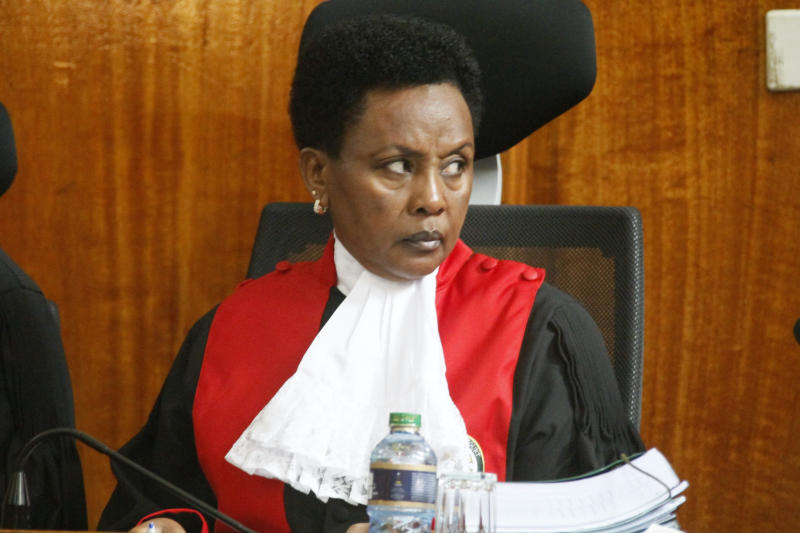
Although judges have no immunity from prosecution, authorities would need the clearest reason to consider a prosecution and might find it wise to obtain the signing off by another authority before the decision to prosecute.
While police covered themselves when they sought the concurrence of Director of Public Prosecutions (DPP) Noordin Haji, he acted without consulting another authority. There is a view that the DPP should have sought the understanding, even concurrence, of the body that represents the Judiciary on his decision to prosecute.